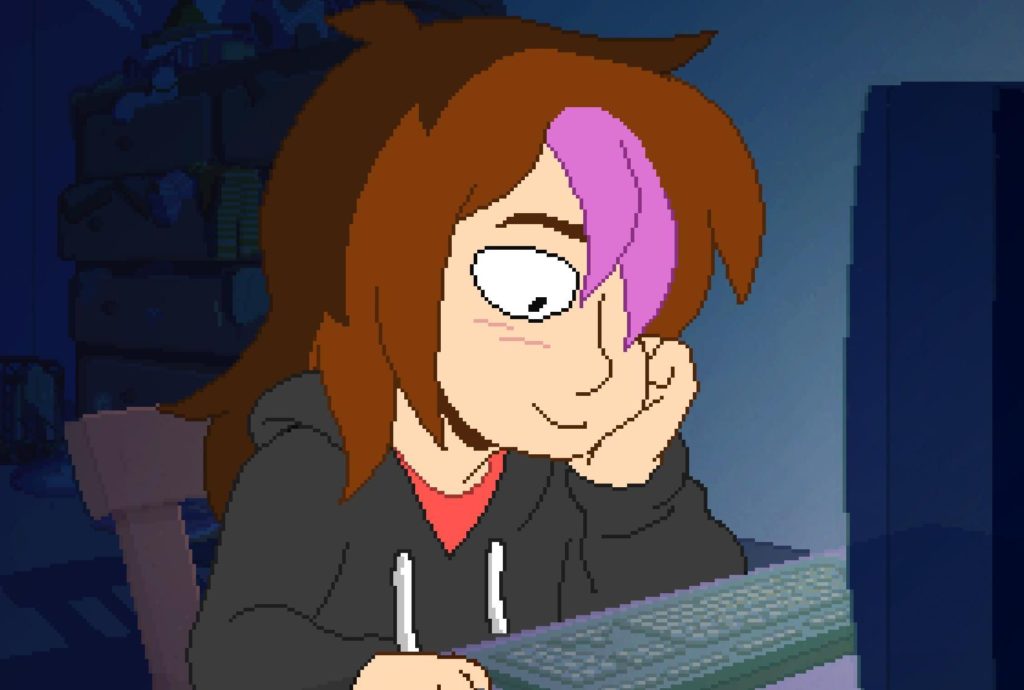
I’m writing deep in the mist of having just finished this beautiful, heartbreaking, wonderful game. I’ve spent the whole week playing this point-and-click adventure, set in the year 2000, on a small island town called Perfect Tides, seen through the eyes of 15-year-old Mara Whitefish. It is the most extraordinary exploration of what it is to be a teenager, told with such heart, such truth.
Mara lives with her mom and brother on Perfect Tides, an island that for many is a holiday destination, and for her, home. School is on the mainland, via ferry, as are stores, potential friends and imagined possibilities. Somewhat precocious, but painfully self-effacing, Mara is straddling that awful chasm between childhood and adulthood. She’ll still happily wander up to strangers and announce fascinating facts to them, but then immediately crumple inside with embarrassment and cruel self-analysis. She has friends who love her, but sees herself as unloveable by her friends. She’s desperately certain everything is set against her, but is capable of astonishing selfishness. She is, in short, a teenager.
The game, set over the course of a year, sees Mara’s family in the aftermath of the sudden loss of her father two years previously. Her mother is clearly barely holding on, but Mara perceives this as rejection and favouritism toward her older, equally struggling brother. Poor Timothy, feeling obliged but utterly ill-equipped to step into a parental role, oscillates between lazily occupying the TV all day, and overbearing attempts to control Mara’s free time. Meanwhile, Mara’s friendships feel precarious, childhood besties beginning to diverge, while possible new friendships, online and IRL, are fractured through the prism of hormones and attraction.
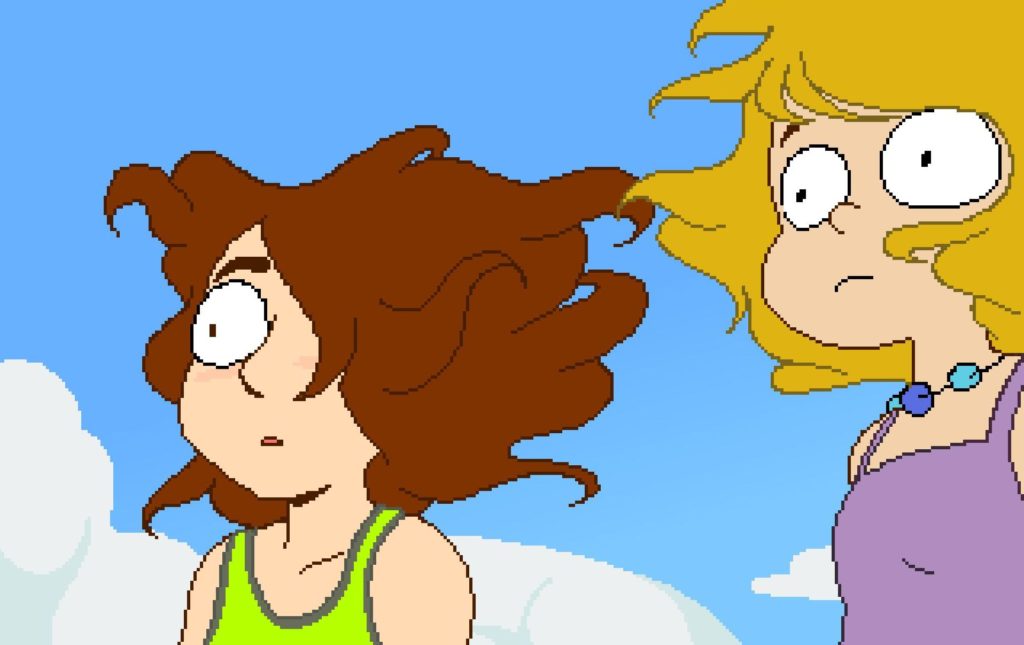
What’s immediately special here is this set-up isn’t then invaded by some capital-P Plot. With the interface of an early-90s Sierra adventure, but the full-screen art of a mid-90s LucasArt, you cycle through the cursor options to look-at, use, talk-to and walk – as well as applying your inventory items – all to just try to survive a year of adolescence. There’s school, the internet, friendships, relationships, family, alcohol, breaking rules, and finding tiny moments of joy, and that is absolutely plenty. Real life is a hell of a puzzle.
Throughout it all, I found myself so deeply invested in Mara’s wellbeing, desperately wishing I could intervene through time and space, beg her not to make this choice, or just this once listen to what her mom is trying, if failing, to say. That’s not your role for the most part, but you do in fact have a really interesting level of influence over how certain matters play out. Decisions made early on can influence what can and can’t be done by the end, for better and for agonisingly worse.
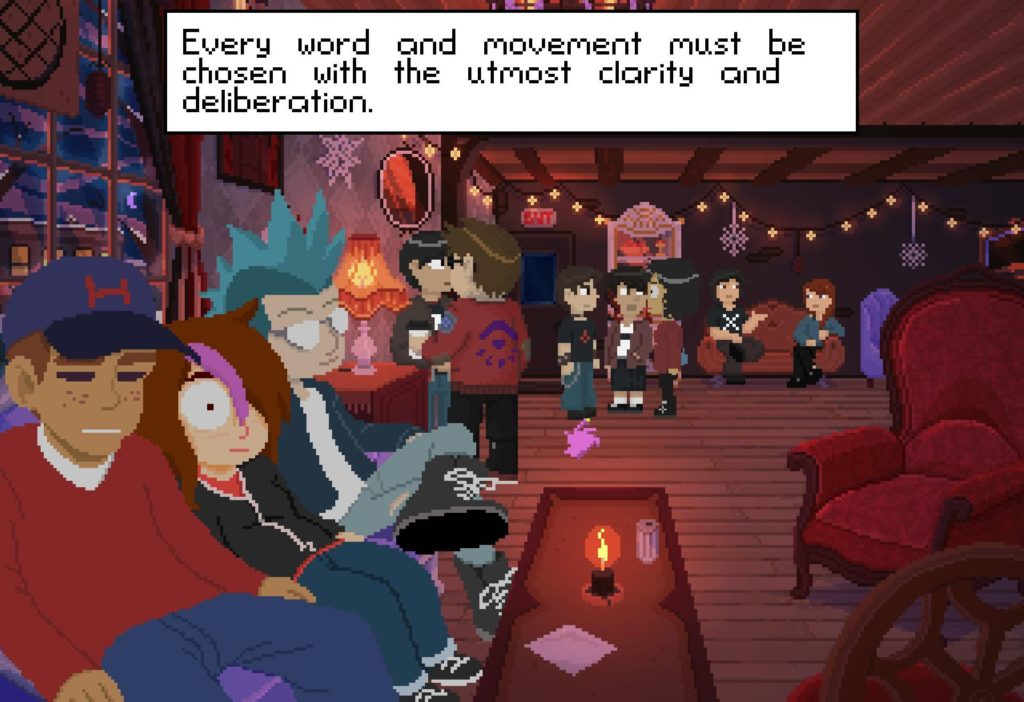
I have, to the best of my knowledge, never been a Jewish teenage girl in an American high school. However, I have been a teenager who went to school, and a lot resonates here. Clearly my experiences were dramatically different for being a teenage boy, but there’s plenty that’s shared. Especially those internal battles, the tumult of your brain’s own coup, where that absolute childhood confidence that everyone should obviously want to be friends with someone like you is torn to shreds of doubt and disgust.
The game covers some tricky territory, without any (narrative) melodrama (so much teenage melodrama) or after-school-special vibes. Mara’s approach to all matters is extremes, from every positive being the best moment of her life, to every negative being proof that no one lives her and she might as well be dead, the two often crashing uncomfortably into one another. Along the way, there are a fair few uncomfortable moments, and one scene that threatens sexual assault. However, there’s nothing here that isn’t, for better and mostly worse, typical teenage encounters.
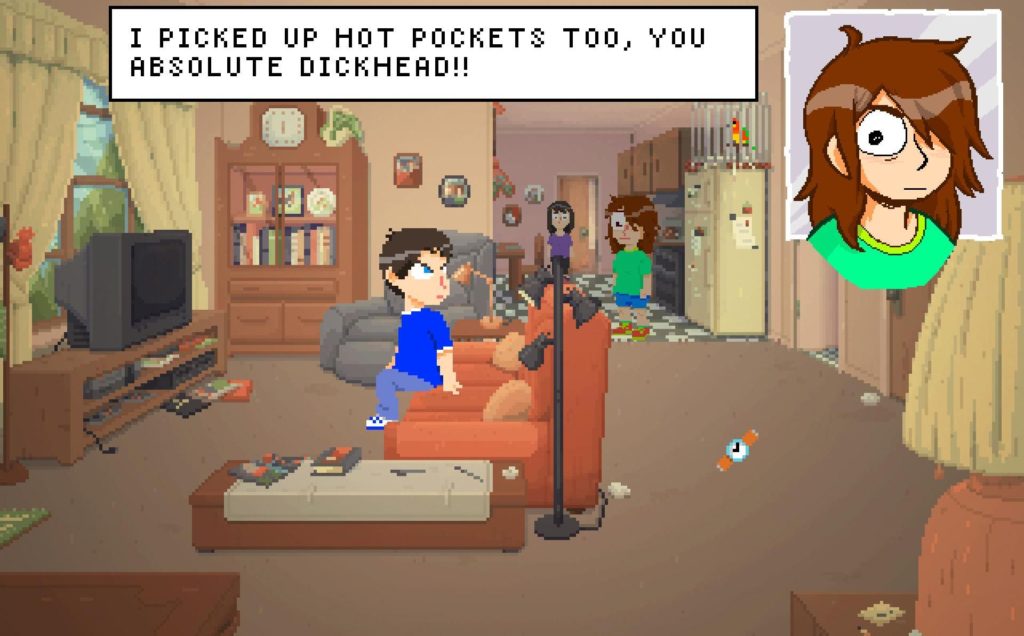
In such a huge, extraordinarily detailed adventure, there are remarkably few downsides. However, there are a couple of sequences that are confusingly set out. Processing film in Mara’s film class is a real muddle, and fails to properly signal its acceptable ending in failure, leaving you sure there’s something else you’re supposed to be doing. Other sections will leave you wandering the entire island, trying to find the location that’s changed in order to progress the plot, that’s a perrennial issue of the genre, but at least in this case adds to Mara’s sense of listlessness.
Also, while I’m here, I’d strongly recommend changing an obscure setting – “Skip Text With”. Make it keyboard, not mouse. By default, right click is used to change your cursor (as is scrolling the mousewheel), but right click is also used to skip entire scenes. This backfired for me far too many times before I realised what the setting did, where I missed great chunks of conversations either because I tried to change the cursor right as a dialogue began, or because of that undiagnosed malady, Involuntary Right Click Syndrome.
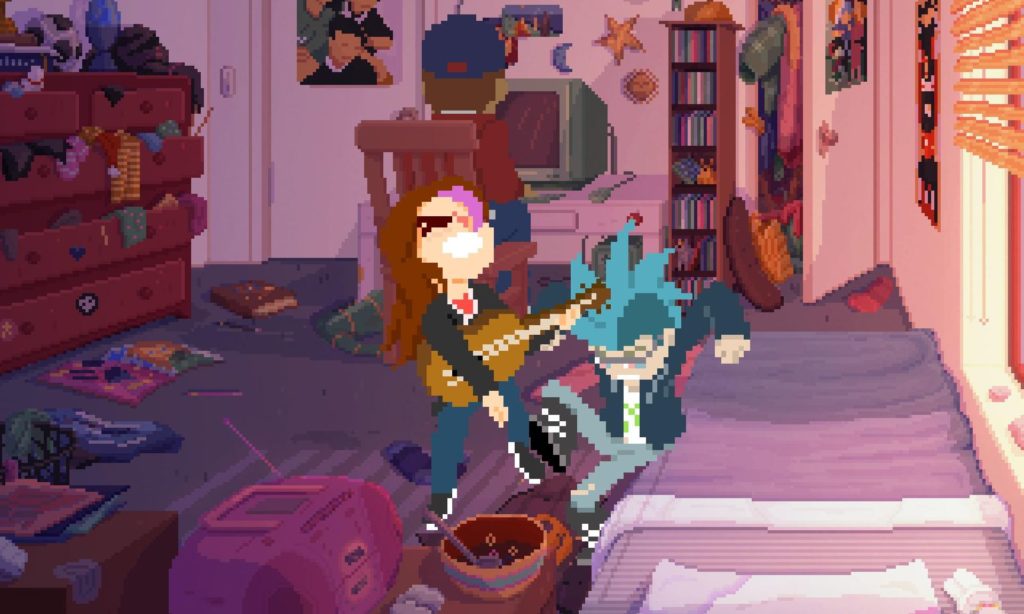
I want to just keep writing, telling you about specific moments, about heartbreaking conversations, how I wanted to reach back in time to rescue Mara (and in turn, my teenage self), to pointlessly try to assure her of the perspective of time. I won’t, because this is precious, and yours to experience. Instead, here’s an anecdote about a time in my mid-20s when I was a youth worker:
I had a youth group of 14 to 16-year-olds, a really lovely group who were a pleasure to be with. One girl, 14, (let’s call her Jen) arrived one week in floods of tears. She was of course surrounded by her female friends, all consoling her in her tragedy. When it was appropriate, I went and sat with Jen and asked her what was up. Through tears and ruined goth-mascara, she told me that her boyfriend had dumped her. She was so deeply in love, and out of nowhere, suddenly, for no reason, he’d ended it. Her life was over, her heart never to be fixed. I asked how long they’d been together, surprised as I’d not known about this before, and she said, as if describing eternity, “TWO weeks!”
So much of me wanted to yell at her! “Two weeks?! WEEKS?!” So much of me wanted to say absolute stone-cold truths, provable scientific facts, like, “Seriously Jen, in ten years time you won’t even remember this guy’s name.” I wanted her to have PERSPECTIVE. But that would be my lie. Because what was happening to Jen was happening to her right then, and it was absolutely everything, and she didn’t have the luxury of a decade’s reflection, or a post-pubescent prism through which to view it all. It was her absolute reality, and it was my role to sit with her in that reality, and express my consolation.
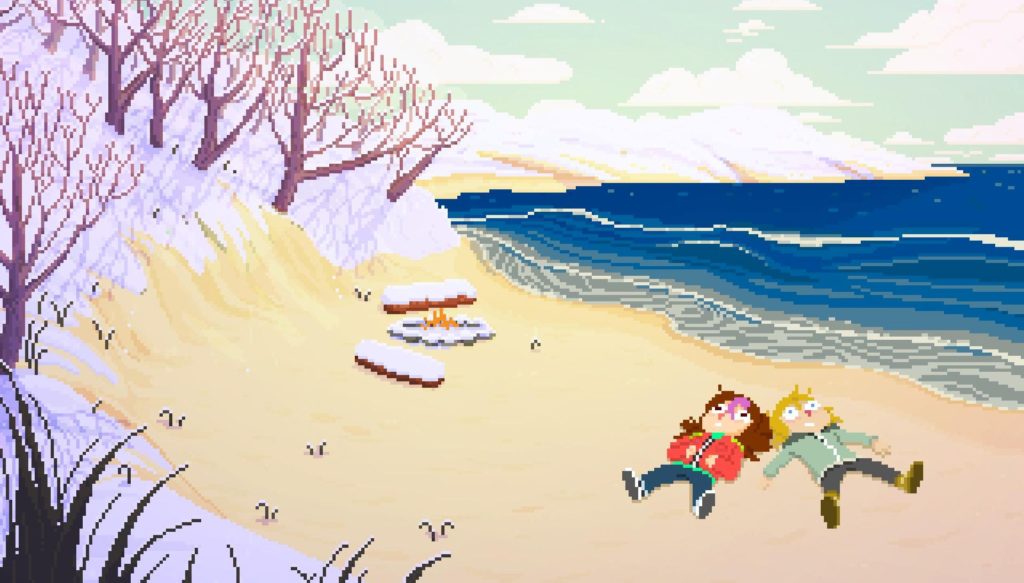
It’s tempting when playing a game like Perfect Tides to want to patronise that era of our lives, and in turn, Mara’s fictional depiction of that time. I’m fortunate that my own teenage years almost aligned with those shown here. I’m a few years older, but I was there a few years before, Compuserve instead of Mara’s AOL, exploring those deeply confusing and nebulously romantic online relationships. While at the same time, constantly believing that with each new start, with each change, I could reinvent my personality to become someone I could believe others would want to like, and yet always turning up as myself.
And oh my goodness, I haven’t even talked about the wonderful art, the animations, the jokes, the dozens of characters. How there are whole sub-plots you can completely miss or piece together. How I now have to replay the entire game again to make sure that final scene can play out just one tiny bit differently, because I feel like I owe it to Mara and her mother…
I wept for Mara here. The precision with which creator Meredith Gran recreates that time, both the millennial world and the coming-of-age within it, is astonishing. It’s an incredible feat of storytelling, of recalling the deep truth of being 15-turning-16, without ever patronising. Of clinging to the security of childhood, yet desperately fighting to escape into the possibility of adulthood. It’s also lovely, very funny, beautifully written, and let’s not forget, a really decent point-and-click adventure. This is breathtakingly good.
- Three Bees Inc
- Itch, Steam
- $15/€12.50/£11.40
- Official Site
All Buried Treasure articles are funded by Patreon backers. If you want to see more reviews of great indie games, please consider backing this project.


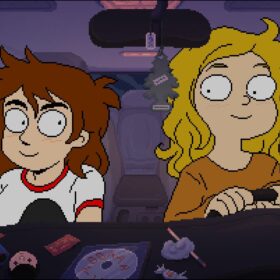
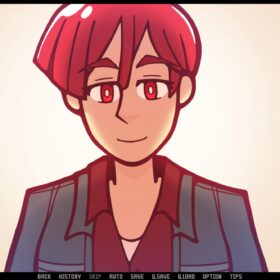

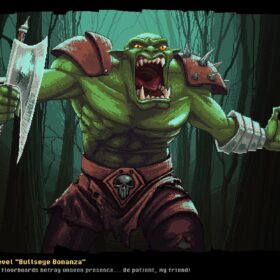
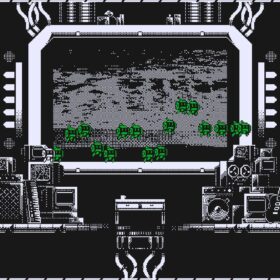
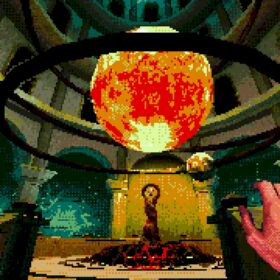
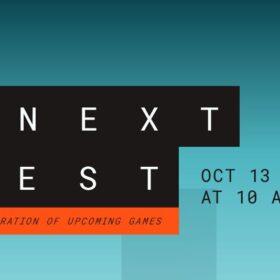
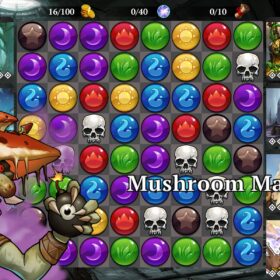
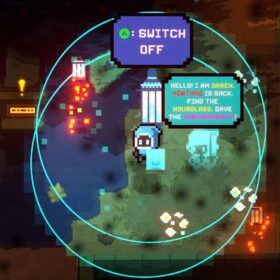


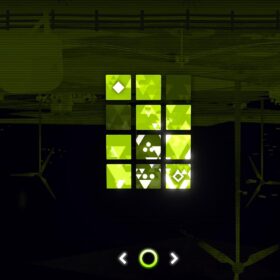
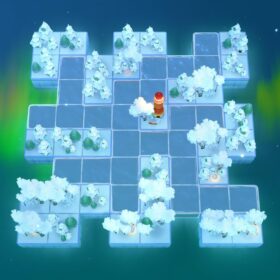
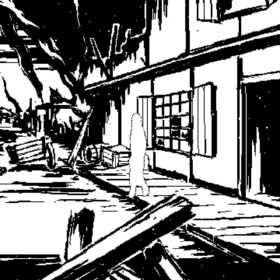

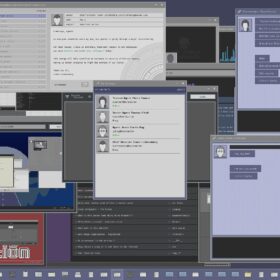
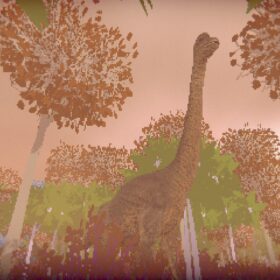
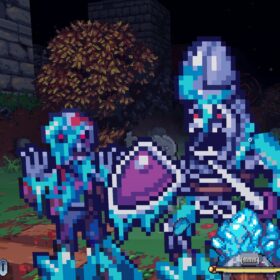
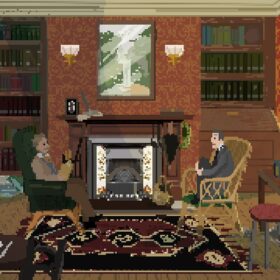
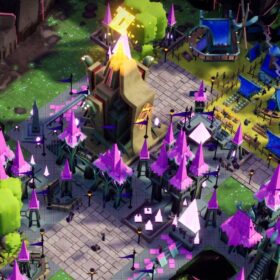
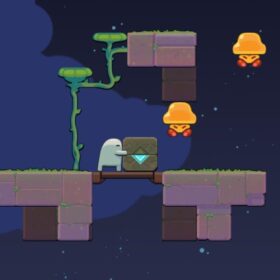
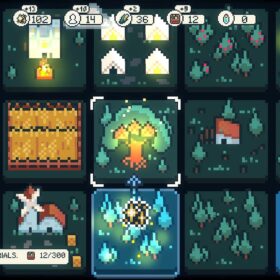

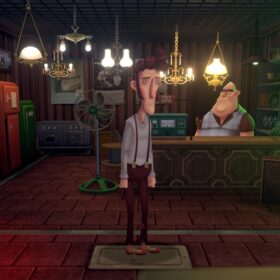
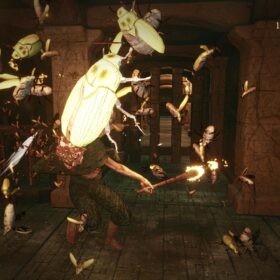

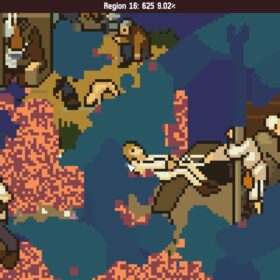
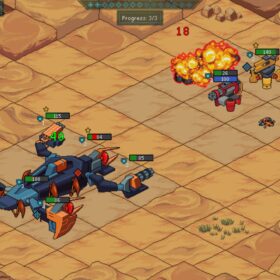

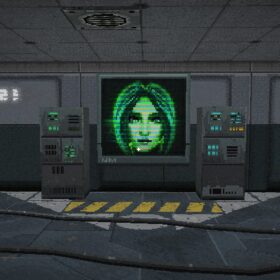
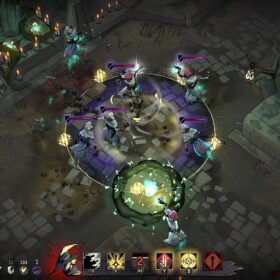
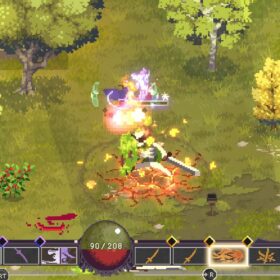
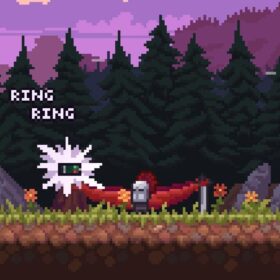
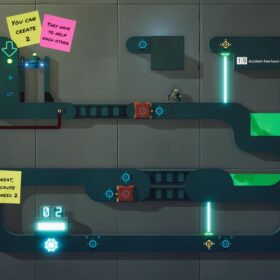
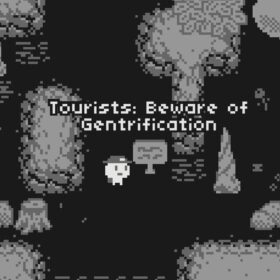
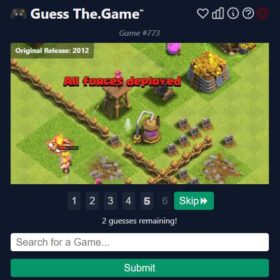
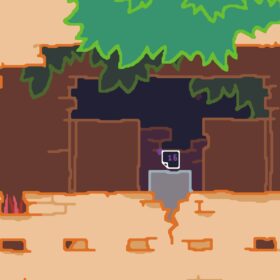
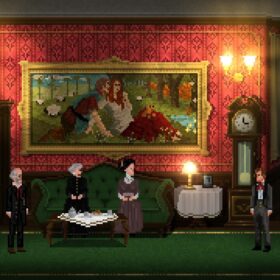

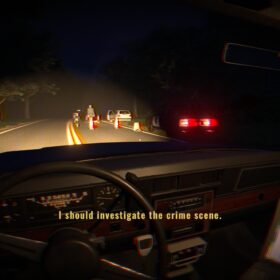
This certainly sounds like one of those “The Reason I Play Games” Games to me. I can’t wait to try it out!
Thanks for the recommend John.
Buried a lede a little on the author. Have you read Meredith Gran’s earlier work, Octopus Pie? She captures the emotional heart of being at a certain stage in life with such clarity.
I hadn’t realized she was making a video game. I will definitely check it out.
I was reviewing this game, not the developer, so I think it’s appropriately placed. Glad I could bring you the good news!
I had the same reaction, the first few paragraphs made it sound so intriguing that I scrolled down to check the info, and then I saw “Meredith Gran? Whoa!” Though I should’ve guessed from the art style.
Glad you found this one, John – it’s been totally ignored by the press, but it’s definitely going to end up as one of my favorite games of 2022.
That was a lovely read – thanks John
I haven’t finished the game yet, just starting the Winter chapter, but this really is something special. Beside the quite lovely animation and art style and the homage to old Sierra games, the writing really does hit the experience of being an online teenager in the year 2000 and the naive introspection and self-doubt that goes with it. Thanks for another great recommendation, it actually got me off playing Elden Ring for a few hours!
This is such a beautifully written review, I’ll definitely be playing this based on your recommendation.